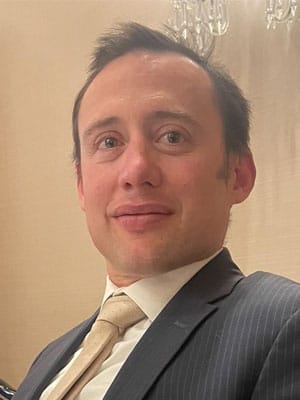Conference Speakers

Hunter Moore MD
Transplant Surgeon, AdventHealth Transplantant Institution at Porter Hospital, Denver
My research career began in high school working summers in an NIH funded laboratory on the role of neutrophil activation causing organ injury. This early experience stimulated continue research efforts as an undergraduate where I was ultimately awarded suma cum laude. I matriculated into the University of Vermont College of Medicine and was inducted into the Alpha Omega Alpha honor society. I returned to Colorado for general surgery residency and piloted an integrated fellowship, funded by a NIH-T32 award and department of surgery, rotating in and out of research and clinical training over four-years. This unique training opportunity enabled me to gain an expertise in fibrinolysis in trauma and learn the work balance of completing research projects while clinically active. By completion I authored over 100 peer-reviewed publications and completed a PhD in clinical science.
I continued my post graduate education at the University of Colorado in abdominal transplantation, I was awarded the American Society of Transplant Surgeons Veloxis fellowship grant to provide funding to support a career development in pursuit of this objective. While my initial interest was in understanding the risks of bleeding/clotting related to the fibrinolytic system, it was soon discovered that fibrinolysis had a potential impact on graft function and patient survival following transplantation. Research efforts were subsequently supported by a K99/R00 from NHLBI awarded that continued during early faculty years. I have recently re located my laboratory to the AdventHealth Transplant Institution at Porter hospital. Current research is focused on the impact of the liver transplant recipient’s fibrinolytic system on fibrin deposition in the donor liver, and its downstream effects on graft dysfunction and liver regeneration following surgery, while concurrently assessing bleeding and clotting complications in a wide variety of clinical settings.
